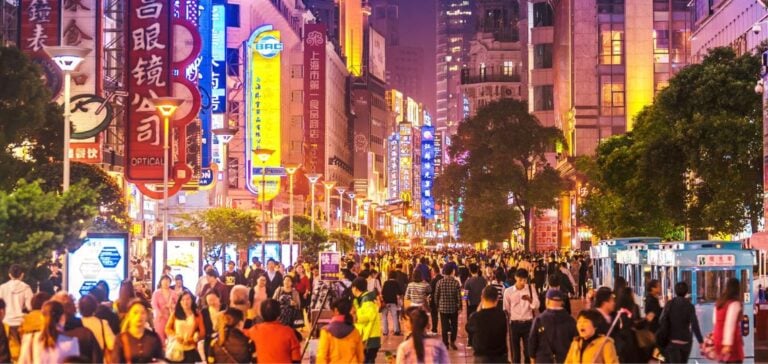The Shanghai city government has developed six methodologies for generating carbon credits via “Tanpuhui”, its local emissions program. With CO2 emissions expected to fall in the country by 2024, this initiative aims to encourage citizens to reduce their carbon footprint, offering in exchange credits that can be traded or used for reductions on goods and services. Tanpuhui, which translates as “carbon inclusivity”, represents a unique approach worldwide, directly targeting consumption-related emissions to encourage active consumer participation in decarbonization.
Integration into the 2024 Work Plan
The new methodologies are part of Shanghai’s 2024 Work Plan to combat climate change, enabling the issuance of tradable Tanpuhui products via local platforms. The Shanghai Environmental and Energy Exchange (SEEE), which already hosts the national emissions trading platform, will play a central role, as Shanghai aspires to become the hub of the Chinese carbon market. Residents can earn credits by adopting environmentally-friendly behaviors, such as installing solar panels or using electric vehicles.
Tanpuhui credit application and market
The Shanghai government is working to stimulate demand for its Tanpuhui products, although the terms of transaction or use of credits have not yet been defined. Under the regulations, these credits could be purchased by companies aiming to voluntarily reduce their emissions, and some could even be used to offset in Shanghai’s regional emissions trading scheme. This approach aims to ensure market integrity by avoiding double accounting, particularly for distributed solar projects.
Standards and national cooperation
By 2022, nine carbon exchanges in China have committed to ensuring professional accounting and verification for their Tanpuhui schemes, aiming to harmonize domestic programs and provide consistent price signals. Prior to this commitment, the Tanpuhui market was relatively disorganized, with varying approaches by provincial governments to credit generation and redemption. The private sector, such as Alibaba’s Ant Forest, has also launched its own Tanpuhui initiatives, linking users’ ecological actions to the planting of real trees.
Despite its potential, the Tanpuhui market in China faces integrity concerns, not least due to the lack of uniform standards at national level. To remedy these challenges, policy proposals were submitted, calling for state regulation of Tanpuhui and consolidation of all products on a national trading platform. This step towards standardization could improve the reliability of Tanpuhui carbon assets and strengthen their role in China’s decarbonization efforts.






















